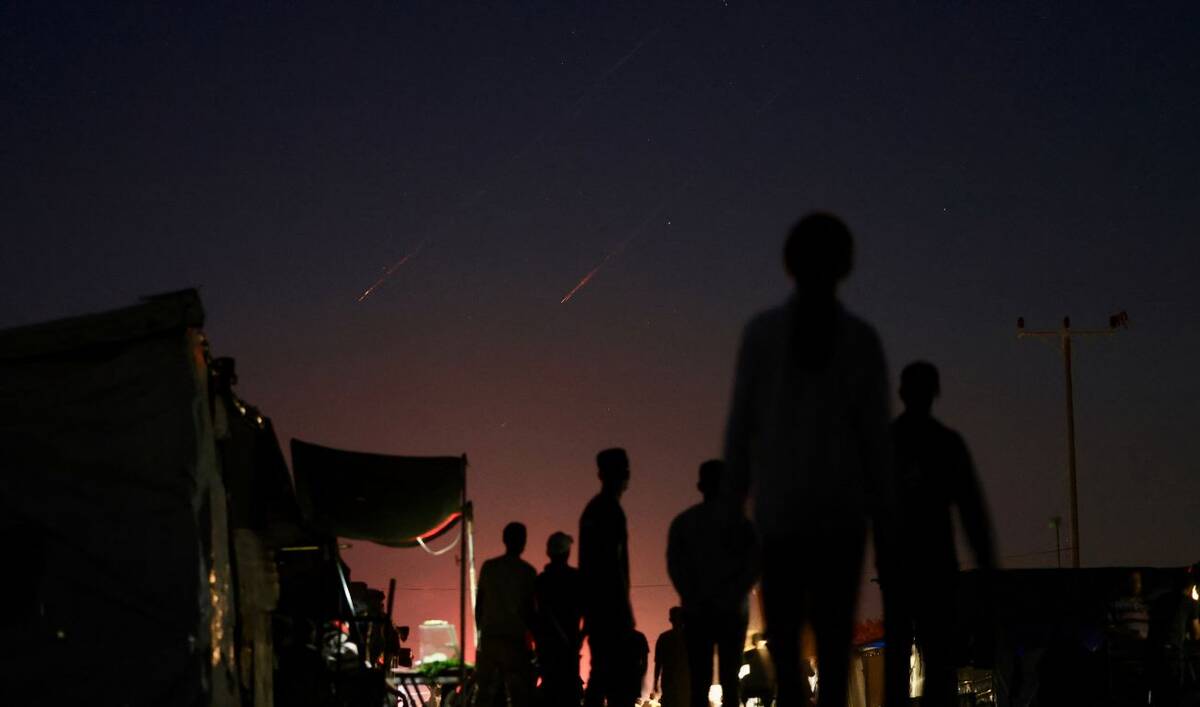KARACHI: A Pakistani olive oil firm is eyeing the US, Gulf and Japanese markets for exports as world leaders Italy and Spain see a decline in production, creating space for new entrants, the chief executive officer of the company said in an interview this week.
Khaity Technologies (Pvt.) Ltd., is a top AI-powered agriculture app that owns Loralai Olives (LO), named after an olive-producing district in Pakistan‚Äôs southwestern Balochistan province. In recent weeks, LO has received global recognition by securing silver for olive oil quality at the 2025 New York International Olive Oil Competition.¬Ý
Olive production is beneficial for Pakistan due to its potential to reduce the country’s reliance on imported edible oils, create jobs, and promote sustainable agriculture. Additionally, it can boost the economy by establishing a new export market and fostering entrepreneurship. Olive trees are hardy and can thrive in various conditions, including water-stressed areas, making them an environmentally sustainable crop.
“We will be doing some exports when Pakistan starts harvesting olive crop this year in October- November,” Shaukat Rasool, the CEO of Khaity Technologies, told Arab News in a telephone interview, saying Pakistan had the potential to export as much as $2 billion worth of olive oil if it could grow 10 million fruiting trees across Pakistan in the next five years.
“The GCC [Gulf Cooperation Council] can be a big market for us as they too import a big chunk of olive oil,” said Rasool, adding that the US and Japan were key export markets to tap.
The olive production decline in Italy and Spain is largely due to the impacts of climate change, including prolonged droughts and increased heat, which negatively affect olive tree growth and yields.
With depleting production in the two leading manufacturing countries and space for new entrants in the market, Pakistan needed to look to tap the $15 billion olive oil exports market, Rasool said.¬Ý
“Their [Italy and Spain] production is decreasing, leading to a price hike that is forcing their global customers to look for a substitute to fill this gap,” said Rasool, who has set an annual target for his company to export more than 200 tons of Pakistani olive oil in the next five years.
“Pakistan can fill that gap and produce as much olive oil as Italy and Spain are producing.”
Pakistan’s olive oil production is already experiencing a boom, with the country aiming to produce 4,600 tons by 2030. While currently producing around 861 tons of table olives annually, Pakistan has the potential to become a major olive oil producer, with 10 million acres of land suitable for cultivation, almost twice the area of Spain. Production had increased from 90 kilograms in 2019 to over two tons in 2022 and 2023 in the Hazara region alone.
SUPPORTIVE ECOSYSTEM
Rasool, whose company employs 60 people, launched the LO brand last year after harvesting his first olive crop at orchards spread over 50 hectares in the Chakri village of Rawalpindi as well as what his company collected from farmers in the Loralai district of Balochistan.
“This year we have extracted around 10 tons of olive oil while next year our target is to scale this up to 25 to 30 tons,” he said.
Increased local production will save most-needed forex reserves for Pakistan which last year had to spend $2.9 billion on the import of palm and soya bean oil for domestic consumption, according to official data. This year through April, the country’s imports surged as much as 140 percent to $3.2 billion.
Pakistan is also seeking to promote drought-resistant crops like olives that can live for a thousand years without consuming much water, said Rasool.
Pakistan has collaborated in the past with Italy, the world’s biggest olive producer, to develop its olive sector and has so far grown as much as six million trees in the Balochistan, Punjab and Khyber Pakhtunkhwa provinces.
“The government has identified more than 95 districts across Pakistan for cultivating olive,” said Rasool.
While Khaity Technologies is currently selling its olive oil nationwide through Facebook, WhatsApp and other social media platforms, the firm is hoping to secure as much as $1 million in investment from local and international partners to set up an extraction plant at the site of its olive farm in Rawalpindi.
‚ÄúExtraction mills must be set up inside the olive farms because the quality of oil is time-bound in terms of extraction,‚Äù Rasool explained.¬Ý
Pakistan currently has three extraction plants, two set up by the government and one by a private party, in Loralai, which have a 600 kilograms per hour crushing capacity. LO uses a government extraction plant to extract olive oil within six to eight hours of harvesting.
To produce the best quality olive oil, the fruit must be harvested and milled for the extraction of oil within 10 hours, Rasool explained.¬Ý
In Loralai, the government has established a mill with a capacity to crush 600 kilograms of olive fruit in an hour, helping farmers extract oil within six to eight hours of harvesting.
‚ÄúNext time, maybe we can win gold if we could be able to bring down our milling time to three to four hours,‚Äù Rasool said.¬Ý
“There should be an ecosystem that addresses the entire olive oil supply chain ranging from harvesting to extraction and storage.”

















